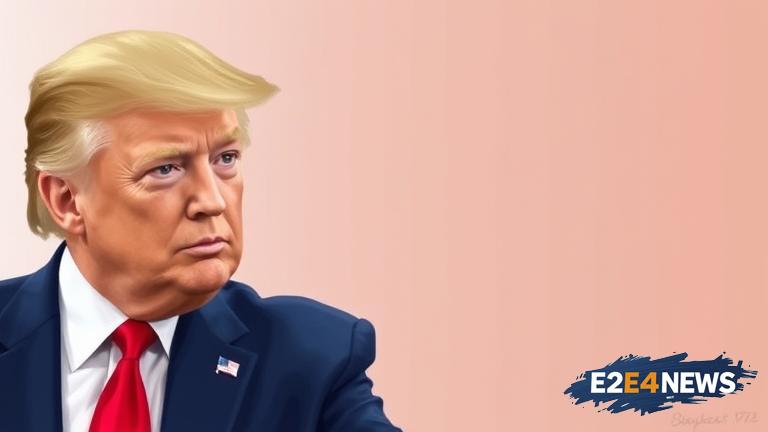In a significant development, the Trump administration has announced the imposition of a 50% tariff on semi-finished copper imports, effective immediately. This move is expected to have far-reaching implications for the global copper industry. The decision to exempt refined copper metal from the tariffs has been seen as a relief for downstream industries that rely heavily on the metal. The tariffs are intended to protect domestic copper producers, who have been struggling to compete with cheap imports. The US copper industry has been facing significant challenges in recent years, including declining prices and increasing competition from foreign producers. The tariffs are expected to provide a much-needed boost to the industry, allowing domestic producers to increase their market share. However, the move has also been criticized by some, who argue that it will lead to higher prices for consumers and potentially harm the economy. The tariffs will apply to semi-finished copper products, including copper sheets, strips, and plates. Refined copper metal, on the other hand, will be exempt from the duties. This exemption is expected to benefit industries such as electronics, construction, and automotive, which rely heavily on refined copper. The US is one of the world’s largest consumers of copper, and the tariffs are expected to have a significant impact on the global market. The move has been welcomed by domestic copper producers, who have been lobbying for protection from cheap imports. However, foreign producers are likely to be negatively impacted by the tariffs, which could lead to a decline in their exports to the US. The tariffs are also expected to lead to a increase in prices for semi-finished copper products, which could have a ripple effect throughout the economy. Despite the potential risks, the Trump administration has argued that the tariffs are necessary to protect the domestic copper industry and ensure the long-term viability of US producers. The move is also seen as part of a broader effort to reduce the US trade deficit and promote domestic manufacturing. The tariffs will be imposed on imports from all countries, although some exceptions may apply. The US copper industry is expected to benefit significantly from the tariffs, with domestic producers likely to see an increase in demand and revenue. However, the move has also been criticized by some, who argue that it will lead to a trade war and potentially harm the global economy. The tariffs are expected to remain in place for the foreseeable future, although they may be subject to review and revision. In conclusion, the imposition of a 50% tariff on semi-finished copper imports is a significant development that is expected to have far-reaching implications for the global copper industry. While the move is intended to protect domestic copper producers, it has also been criticized by some, who argue that it will lead to higher prices for consumers and potentially harm the economy.
